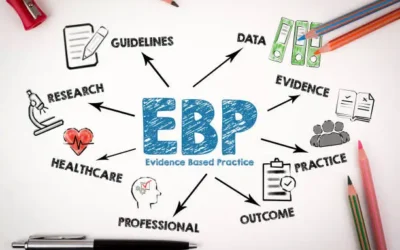1. Identify Your Child’s Needs
Before beginning your search, it’s essential to understand why your child may benefit from therapy. Are they struggling with anxiety, ADHD, grief, or school-related stress? Knowing their needs will guide you in finding a therapist with the right expertise. You might also want to consider whether your child would benefit from play therapy, cognitive-behavioural therapy (CBT), or family therapy.
2. Look for Specialised Experience
Children’s needs are unique, so choosing a therapist with specialised experience in working with kids is crucial. Look for someone trained in child psychology or specific methods, such as play or art therapy. Ask about their experience with similar issues and their approach to engaging young clients.
3. Consider Credentials and Licensing
Ensure the therapist you choose is licensed and qualified. Common credentials include UK Council for Psychotherapy (UKCP). Licensing ensures they have met professional standards for training and ethical care.
4. Prioritise Connection
A good therapist should make your child feel safe and comfortable. Many therapists offer an initial consultation to help determine if they’re a good fit. Observe how the therapist interacts with your child and whether they seem approachable, patient, and empathetic.
5. Ask About Involvement
Parental involvement can be crucial in therapy for children. Ask the therapist how they incorporate parents or caregivers into the process. Regular updates or joint sessions can help reinforce progress at home.
6. Consider Practical Details
Logistics matter, too. Look for therapists located near your home or school to minimise travel stress. Check their availability to ensure sessions fit into your child’s schedule. Additionally, inquire about fees and whether they accept insurance.
7. Trust the Process
Finding the right therapist may take time. It’s okay to try a few sessions and switch if you feel it’s not the right fit. What matters most is that your child feels supported and begins to show signs of growth.
Final Thoughts
The journey to finding a great therapist for your child may feel challenging, but it’s worth the effort. With the right professional, your child can develop the skills and confidence to navigate life’s challenges successfully. By taking a thoughtful and informed approach, you can help your child thrive emotionally and mentally.
If you’re unsure where to start, consider reaching out to local mental health organisations, schools, or paediatricians for recommendations. You’re not alone in this process, and there’s help available to guide you and your child toward brighter days ahead.




0 Comments